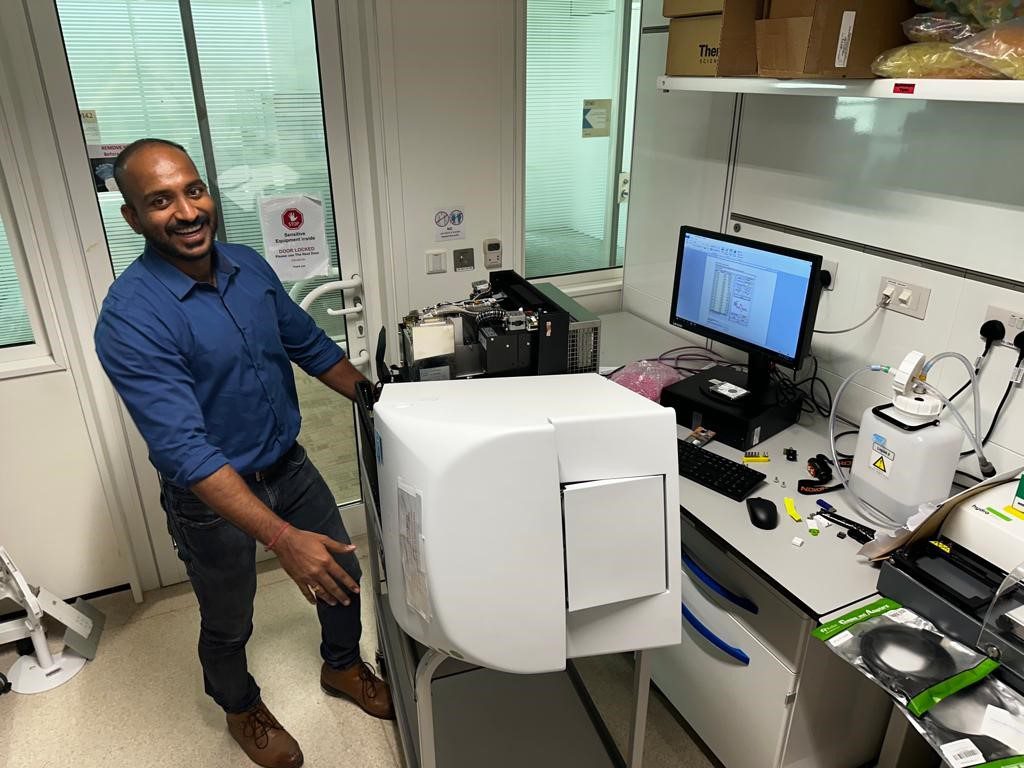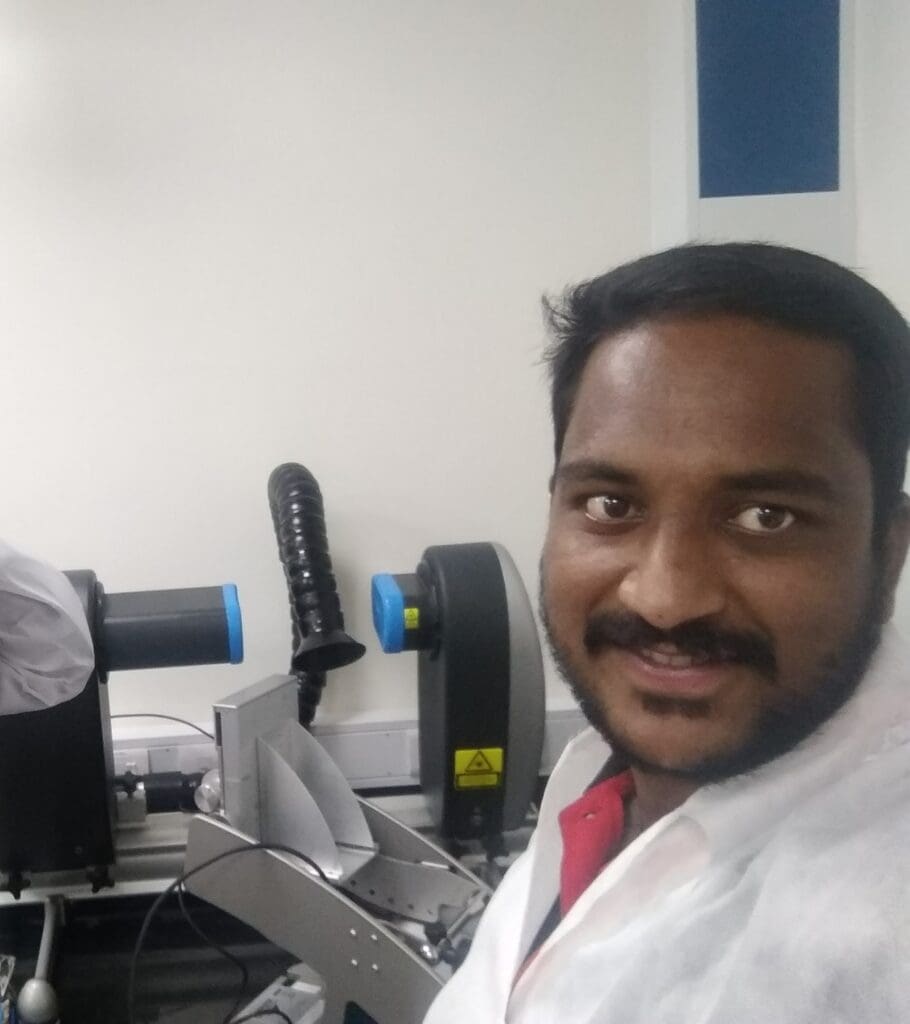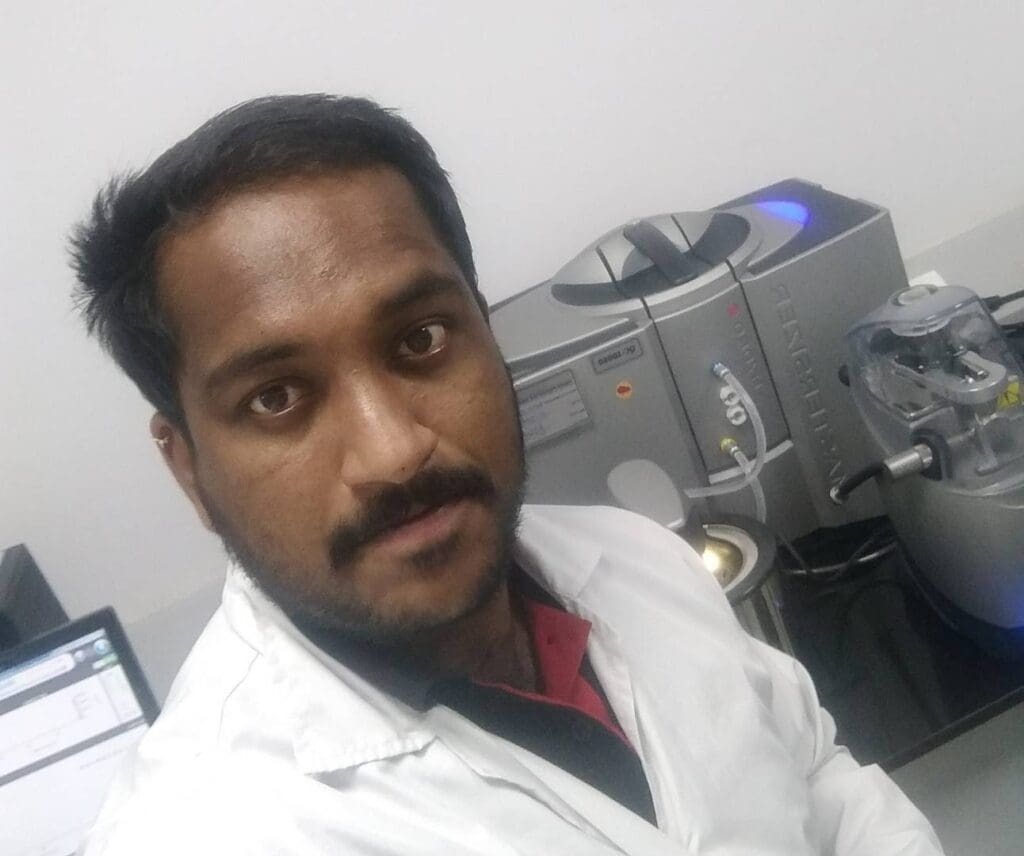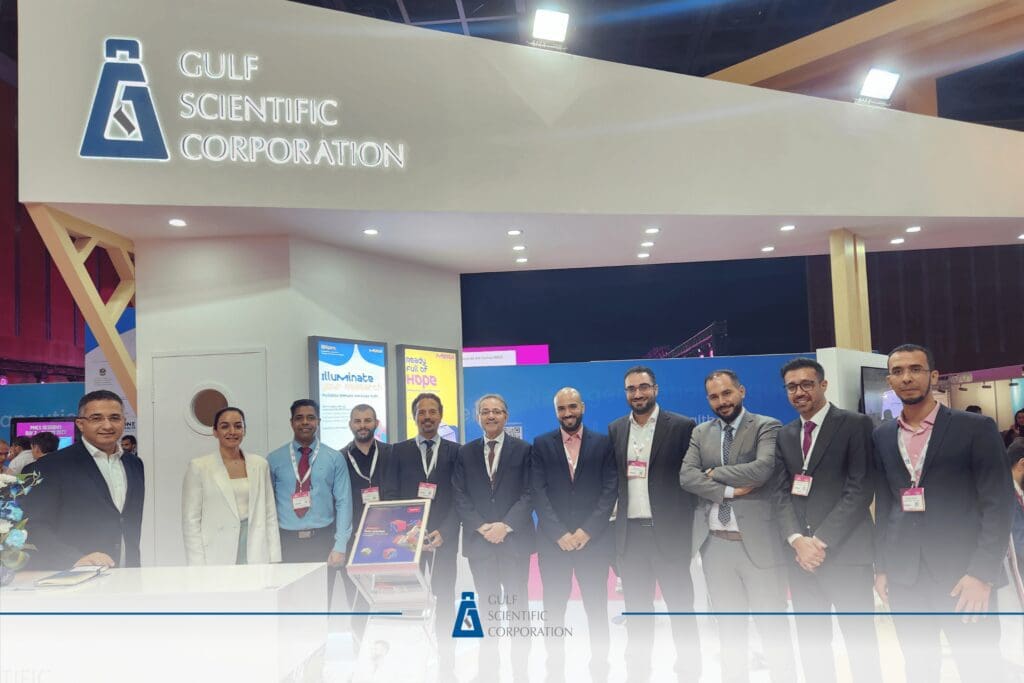An Indian engineer supporting life science instruments in Qatar
This article looks at the work of a Field Service Engineer for analytical and life science instruments; meet Siddi Adithya of Gulf Scientific Corporation.
Customer Service for analytical and life science instruments


Background and path to life science instruments engineering
Have you always been interested in the way things work?
Yes, I was always eager to learn how things around me worked and in addition, I have always enjoyed taking things apart and re-building them.
Did you like science and technology as a child?
Yes, I have been very passionate about science and technology since childhood.
Was there a family member who encouraged you to study engineering?
I choose to study engineering on my own, but my family supported me in choosing engineering as a career.
Do you repair or build things when you are not at work? (around the home or as a hobby)
Yes, I like to repair the things.
Mentors and role models
Who have been inspirations to you?
My grandfather is a great mentor for me. In addition to him, my whole family have supported me to build my career.
First role after university
You worked as a control room engineer. What did this work involve?
This work was mainly to take charge of production from the raw materials to the final product.
This was done by coordinating with the field operators as well as controlling, monitoring, and troubleshooting the problems which occurred in production. This is because the whole plant mainly worked through SCADA (Supervisory Control and Data Acquisition) and PLC (Programmable Logic Controller).
Which skills did you take with you from this role when you became a service engineer?
I took troubleshooting and problem-solving skills with me.
Once an engineer has become a good field service engineer, do you think it is possible to work in any industry and with any technology (with some training)?
Yes, because they have many transferrable skills.


Types of equipment and instruments used as a life science instruments engineer
What are the different types of equipment and instruments you have worked on?
I work mainly on analytical and life science research products as the following:
Particle Size & Zeta size Analysers from Malvern Panalytical.
Dynamic Shear Rheometer from Malvern Panalytical (used by Netzsch Instruments).
Micro Array Scanner from Affymetrix (now Applied Biosystems, a brand of DNA microarray products sold by Thermo Fisher Scientific ).
Microwave Digestors from CEM Corporation.
Liquid Automation Handling from Beckman Coulter.
Nucleic Acid Analyser from Revvity formerly known as Perkin Elmer.
ICP-OES from Perkin Elmer.
Differential Scanning Calorimetry from Perkin Elmer.
Thermo Gravimetric Analyser from Perkin Elmer.
Simultaneous Thermogravimetric Analyser from Perkin Elmer.
Also, some other life science products from Perkin Elmer (Revvity)
What has been the most interesting piece of equipment you have ever worked on?
I can say all equipment because each piece of equipment has its own special application.
Typical week as a life science instruments engineer
What’s your typical week like?
Prioritizing the breakdowns and planning for the upcoming installations, as well as follow-ups with the customer for the AMC (Annual Maintenance Contract) renewals.
How much of your time is spent ‘hands on’ with customers and how much on administration, training, and other aspects of your role?
I can say approximately 60% ‘hands on’ and 40% with other aspects of my role.
How much travel do you do?
My responsibility is mainly within the country but as well often travelling out of the country for support.
Most challenging part of the job as a life science instruments engineer
What is the most challenging part of your job – technical side, logistics or customers?
I would say handling the customer is the most challenging part of the job because we meet different kind of people every day.
How do you explain technical issues to non-technical people?
I try to explain the main applications of the instrument in simple terms and then try to explain the issue.
What do you do when something is not working, and there is no obvious reason?
First, I restart the whole piece of equipment and the software. Then I make sure whether it is intermittent or if it is happening continuously.
How do you persuade customers to prioritise preventative maintenance?
Firstly, I try to make a good relationship with the customer. So, then I can explain to the customer about the importance of preventive maintenance and how it can help increase the lifetime of the instrument.
Making a future star
Apart from a strong technical background, what are the three most important skills for a field service engineer to have?
Patience, communication, and sometimes decision-making skills.
What sort of personality traits are ideal for a field service engineer to be successful?
Problem solving and a good listener.


The author, Siddi Adithya, Life Science Instruments Engineer
Siddi Adithya has a degree in Electronics and Instrumentation. He started his career as a Control Room Engineer for Growel Feeds. Siddi then worked as a Service Engineer for Malvern Panalytical products before moving to Qatar to work for Gulf Scientific Corporation.


Gulf Scientific Corporation at PrecisionMed Exhibition & Summit


Responses